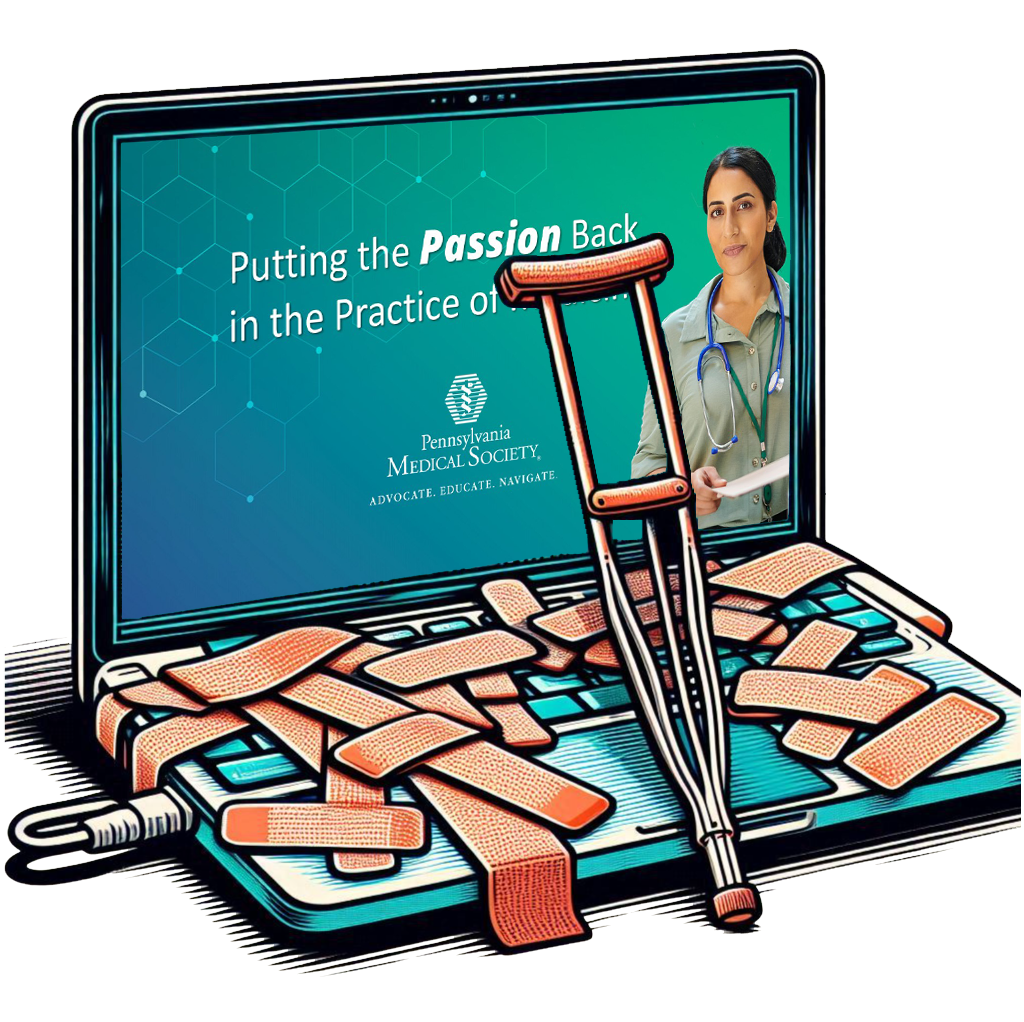404

Oops! Let’s Get You Back on Track
It looks like you might be having trouble finding what you're looking for.
No Worries! We’ve got you covered!
Here’s what you can do:
- Go back to the Home Page and start fresh.
- Use our Search at the top to help find what you are looking for.
- Contact PAMED for more personalized assistance.
Thanks for your patience and happy browsing!


